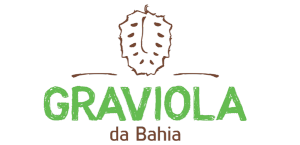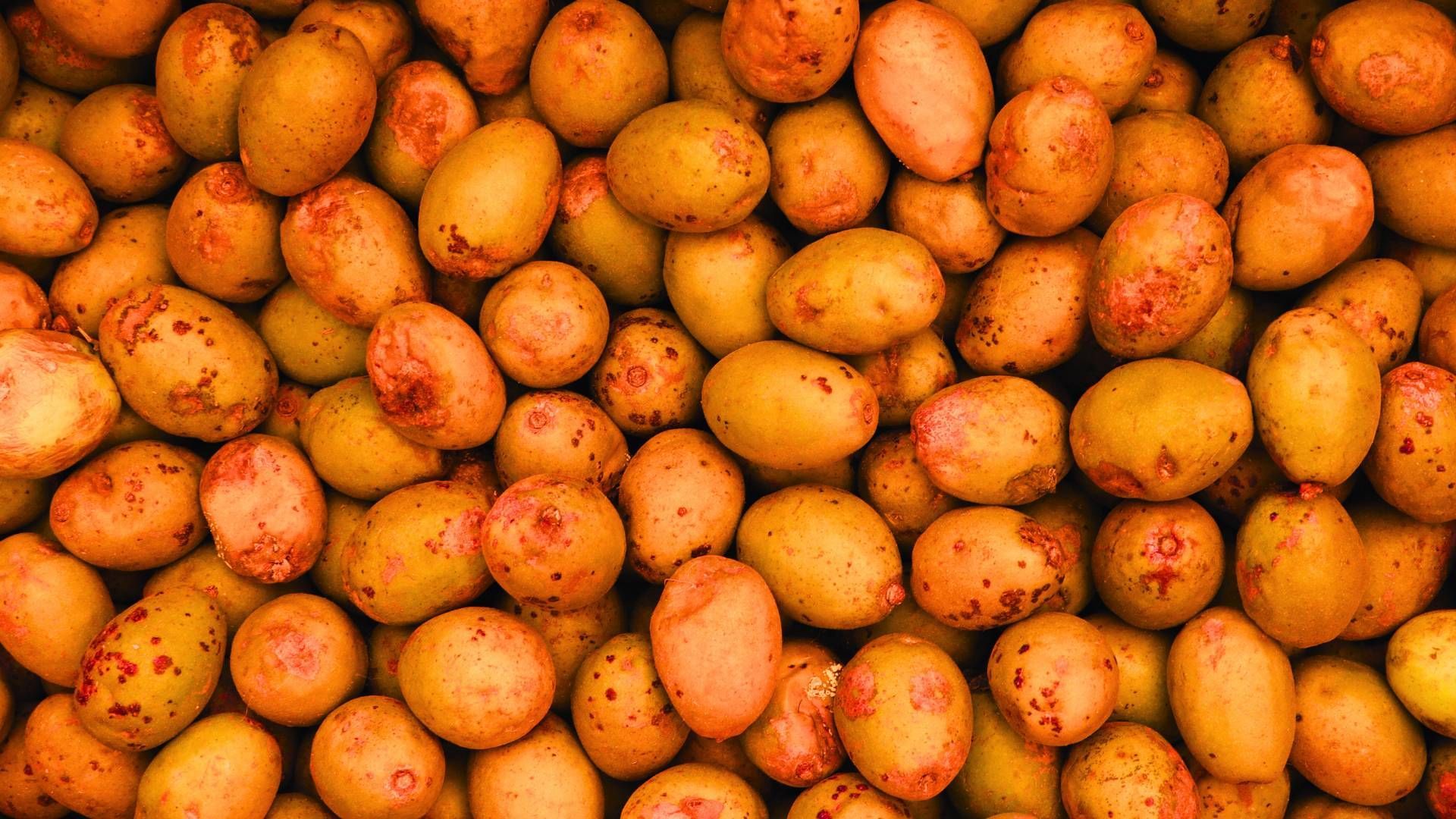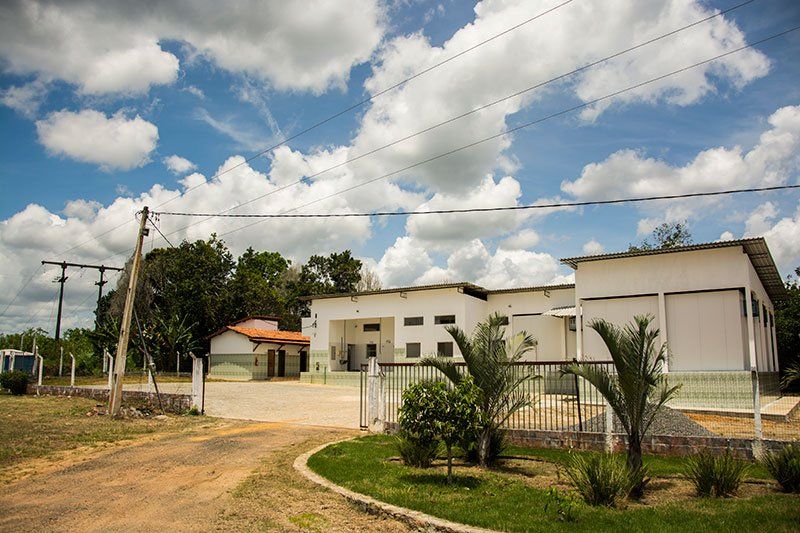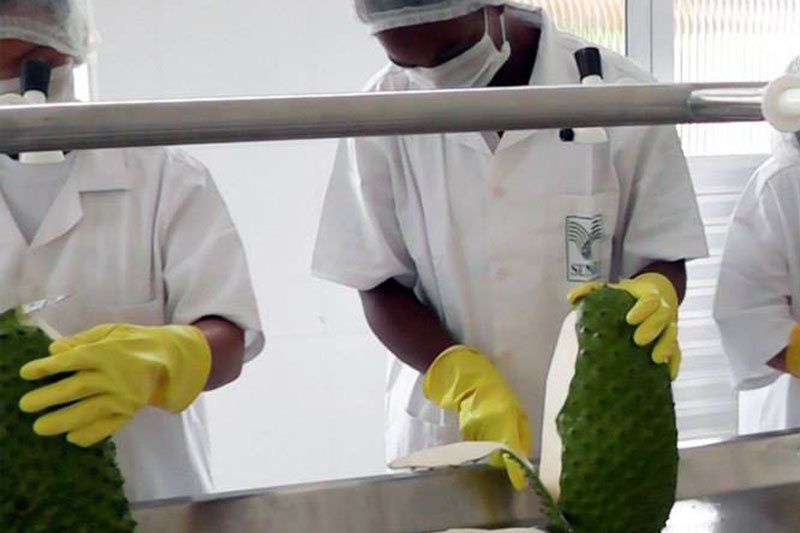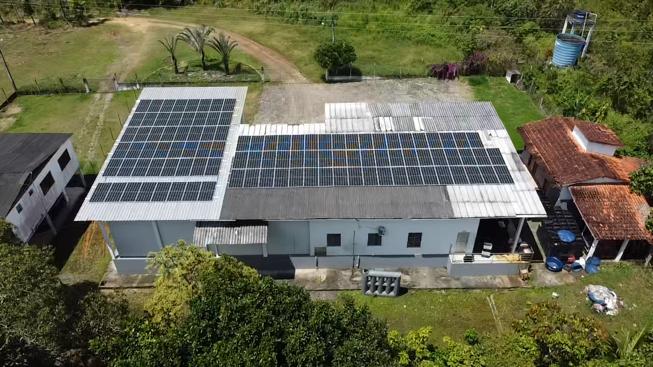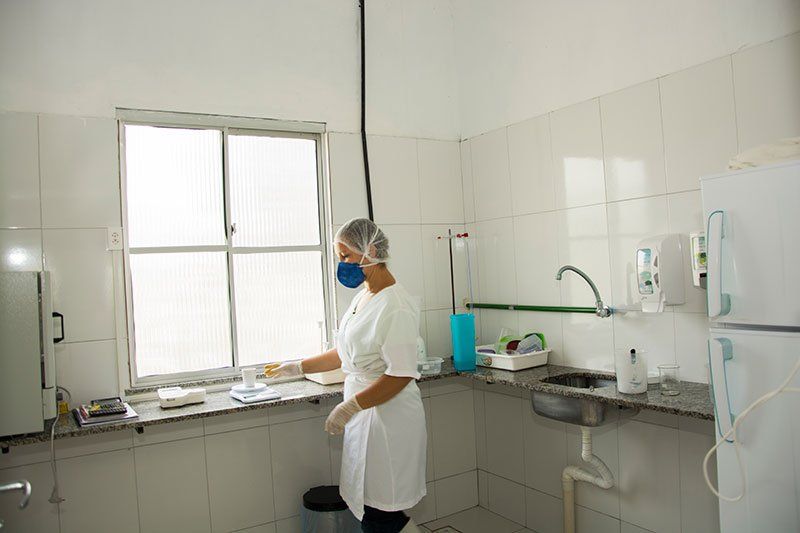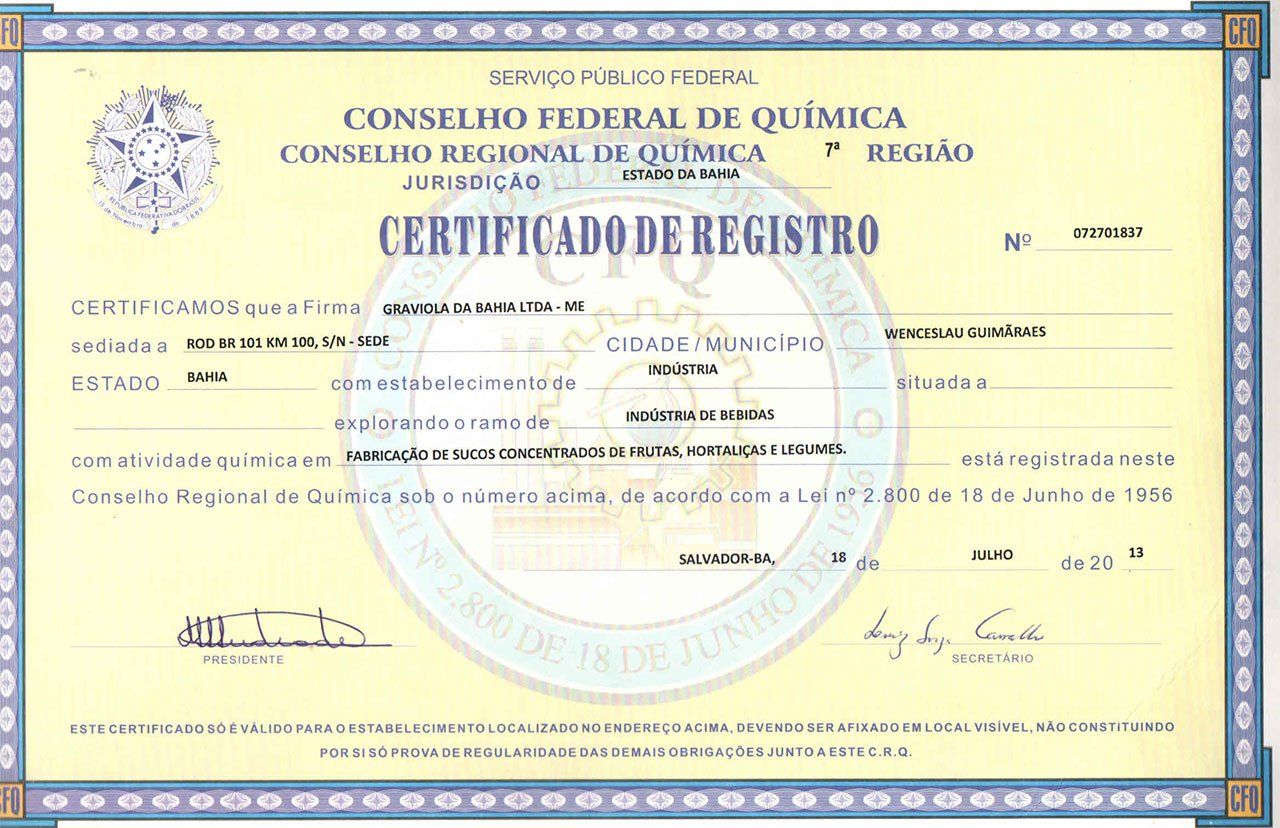About Caja
Southern Bahia - Brazil
🌱 Origin and Sustainable Production of Caja
Caja is a naturally extracted fruit, harvested sustainably, respecting the environment and supporting local communities. The harvest is annual and concentrated between the months of March and June, a period in which we carry out immediate processing of the fresh fruit to ensure maximum quality and freshness.
We produce our frozen Caja Pulp, intended exclusively for the food industry.
🛡️ Natural Process and Quality Control
Our Caja pulp is:
- 100% fake
- No preservatives
- No water added
- No sugar or pulp from other fruits
The product is non-fermented and undiluted, with microbiological control in all batches. The pulp is free of seed, peel or fiber residues, ready for direct use in the industrial line.
🏭 Applications in the Food Industry
With a strong, tropical and slightly acidic flavor, Caja pulp is ideal for:
- 🥤 Juices and nectars
- 🍦 Ice cream and popsicles
- 🍯 Sauces, sauces and desserts
- 🍹 Mixed and fermented drinks
- 🧃 Concentrates and pulps for mixing
📦 Product Ready for Wholesale
- Intended exclusively for the food industry
- Large volumes available, direct from the producing region
- Securely packaged, with full traceability
🌎 Commitment to Quality and Sustainability
When choosing the Graviola da Bahia Caja Pulp, you are purchasing a product:
- Of controlled origin
- With consistent quality
- Sustainably produced
- And with the true tropical flavor of Brazil
✅ Certifications and Credibility
Graviola da Bahia has certifications that attest to the quality and safety of its products:
- MAPA (Ministry of Agriculture, Livestock and Supply): Registration of products and processes, ensuring compliance with Brazilian standards.
- Health Surveillance: Health permit that ensures good manufacturing practices and food safety.
- Regional Chemistry Council (CRQ): Certification that validates the chemical processes and analyses carried out by the company.
Available Formats and Packaging
- 180 kg drums
- 20 kg bars
- 1,000-liter IBC containers
Graviola da Bahia is the ideal partner for industries seeking quality, innovation and sustainability in the use of natural ingredients with high added value. Whether in the food, pharmaceutical, cosmetic or agro-industrial sectors, we offer reliable solutions for an increasingly conscious and demanding market.
Frequently asked questions about Caja
Hello! Do you have any questions about our company? Contact us!
Pure Caja Pulp
Direct from the South of Bahia to the Food Industry. Graviola da Bahia is a company specialized in supplying 100% pure fruit pulp, without additives or preservatives, for the food industry in Brazil and abroad.
Located in Wenceslau Guimarães, in the Baixo Sul region of Bahia, the company stands out for the quality of its products and its commitment to sustainability and social responsibility.
